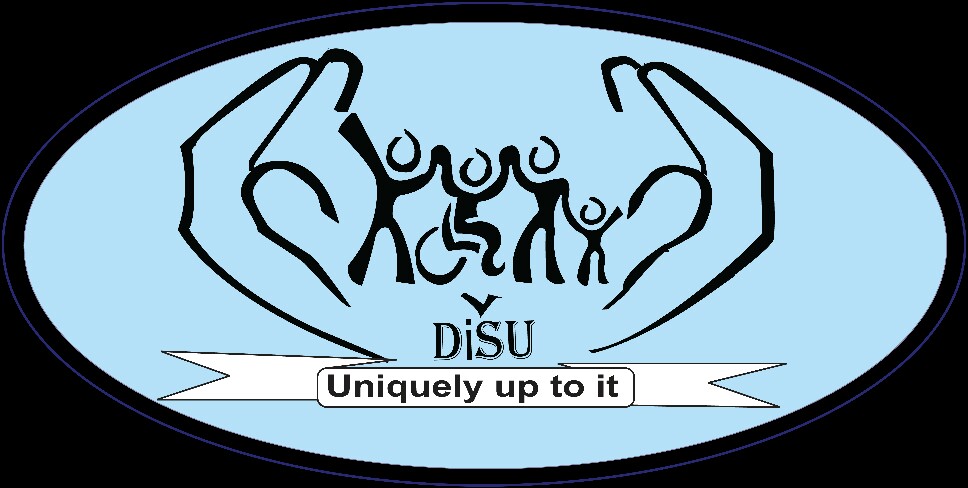 |
| Scanning electron micrograph of HIV-1, colored green, budding from a cultured lymphocyte magnified more than 2,300 times. |
- Acute infection - Large amounts of the virus are produced. The infected person may get flu like symptoms. Most of the virus is destroyed but some survives.
- Clinical latency - the infection slowly kills CD4 cells. You can be infected for up to 10 years without any signs of infection.
- AIDS - the group of illnesses that can infect a person when the CD4 cells are destroyed by the HIV virus .
At all stages the infection can be kept under control by various interventions like taking medications like antiretrovirals as prescribed by the doctor or healthy diet.
You can hug someone with HIV/AIDS because the HIV virus is found in the blood and sexual fluids. The HIV virus is spread in 3 ways:
- Sexual activity when you come into direct contact with blood, semen or viginal fluids especially during unprotected vaginal, anal or oral sex
- Blood to blood, the HIV virus cannot pass through unbroken skin
- Mother to baby either while the baby is in the womb, being born or being breast fed
The National Union of Disabled Persons in Uganda (NUDIPU) gives the following insight into the numbers of persons infected with HIV:
Little attention has so far been given to the risk of HIV/AIDS and the unique challenges faced by persons with disabilities (PWDs) in Uganda. A number of damaging misconceptions are still common, for example that disabled people are not at risk of HIV as they are not believed to be sexually active or at risk of violence and rape. Yet, existing evidence points in the exact opposite direction, namely that disabled people are actually at increased risk for every known risk factor of HIV/AIDS.
Recent studies conducted in Uganda indicate that 38% of women and 35% of men with disability reported having had a sexually transmitted disease (STD) at one time, which should give rise for concern considering the high correlations among STDs and HIV/AIDS. Other studies show that women with disabilities are more vulnerable to sexual abuse and consequently transmission of HIV than non-disabled women due to vulnerability, stigmatisation and people’s prejudices.
The recent house hold survey (2011) indicates that HIV/AIDs is on the increase with prevalence rate being at 7.3% up from 6.4%. In spite of this, however, no national study has established the prevalence among PWDs in Uganda.
As well as affecting PWDs, AIDS can also cause disability from opportunistic infections (OIs), (see HIV/AIDS & Disability: Three Country Studies South Africa, Uganda, and Zambia). Examples of OIs are:
Sight: Cytomegalovirus occurs in people with advanced HIV illness and can lead to loss of sight and even blindness by damaging the back of the eyes; the herpes virus can also endanger vision; and cryptococossis (CC) can lead to blindness.A consequence of becoming disabled by HIV/AIDS is that there is very little information available about services for the disabled.
Speech: Lymphoma may start in the brain and cause speech impairments.
Physical mobility: Toxoplasmosis of the brain and progressive multifocal leucoencephalopathy, both of which affect only people with HIV, can cause stroke/seizures and affect mobility; peripheral neuropathy, which causes painful tingling in the feet and hands, can also impair movement; dementia can cause loss of movement, motor clumsiness, and even paralysis.
Mental functioning: Dementia can lead to loss of memory, attention, and ability to communicate; toxoplasmosis can lead to seizures, as can lymphoma if it affects the brain; CC can lead to confusion, seizures, abnormal behavior, hallucinations, and psychiatric symptoms.
Mental health: Research has found that patients with HIV infection are at increased risk of mental disorders (Owe-Larsson et al. 2009) and that as many as one in three persons with HIV may suffer from depression (Bing et al. forthcoming).
PWDs are some of the most vulnerable people in Ugandan society. There are no statistics for HIV/AIDS for PWDs. However PWDs report a high in of STD. The high correlation between STDs and the incidence of HIV/AIDS makes a strong case for believing that HIV/AIDS incidence is under reported for PWDs.
Furthermore PWDs have to face stigma and prejudice. The stigma and prejudice are doubled if they have HIV/AIDS. Moreover if they are a woman that has been sexually abused or raped their burden of prejudice and stigma is tripled.
Grace is a blind woman who doesn't have a lock on the door of her house.

Never give up in life they all said there is no cure for HIV VIRUS, which is a big lie I have passed through many processes. Also, I never believed there is really a cure to HIV/AIDS until I met Dr. James. The doctor that have been helping people for many years, I come across this doctor online when I was searching for HIV permanent cure online I found out about Dr. James, and to my greatest surprise Dr. James has the herbal medicine for HIV cure which I have been looking for years I explained my problems to him through the email I found on someone who testified about Dr.James herbal mix write me a reply and explain how the process work so after ordering for the medicine I got it within 4 days and I took it according to the way Dr.James instructed me, I was very happy after 21 days I took the medicine there was very big change in my health when I was done with the process I went for a test, I found out I am negative that was the day I have the tears of joy after all i have been through.you can also get in contact with my doctor through his email now Drjamesherbalmix@gmail.com And He also has herbs medicine to cured the following diseases; Nephrotic Syndrome, eczema, urethra wart, chronic problems. Herpes, Cancer, ALS, Autism,Hepatitis, Diabetes, HPV infections, ulcer
ReplyDeletecontact Email...drjamesherbalmix@gmail.com.